Ady Stokes
Freelance Consultant
He / Him
I am Open to Write, Teach, Speak, Podcasting, Meet at MoTaCon 2026, Review Conference Proposals
STEC Certified. MoT Ambassador, writer, speaker, accessibility advocate. Consulting, Leeds Chapter host. MoT Certs curator. Testing wisdom, friendly, songs and poems. Great minds think differently
Achievements








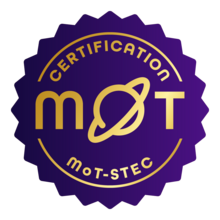





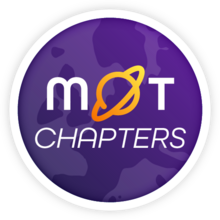

















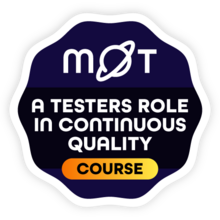
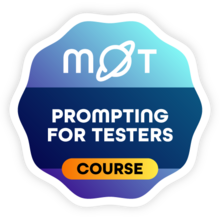
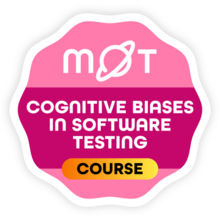

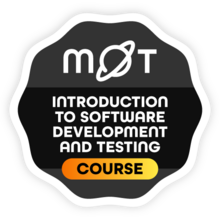
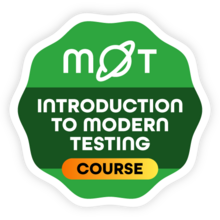
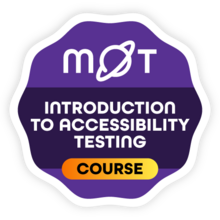



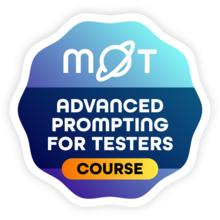












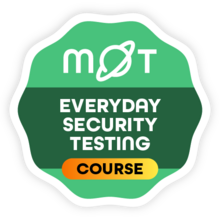






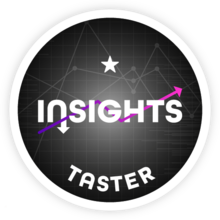


Certificates
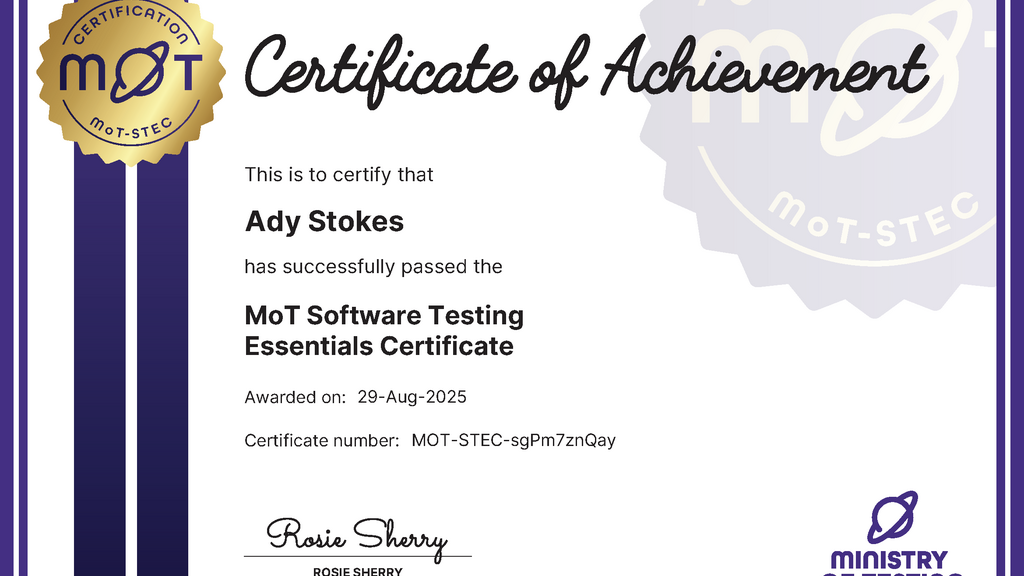
Awarded for:
Passing the exam with a score of 100%
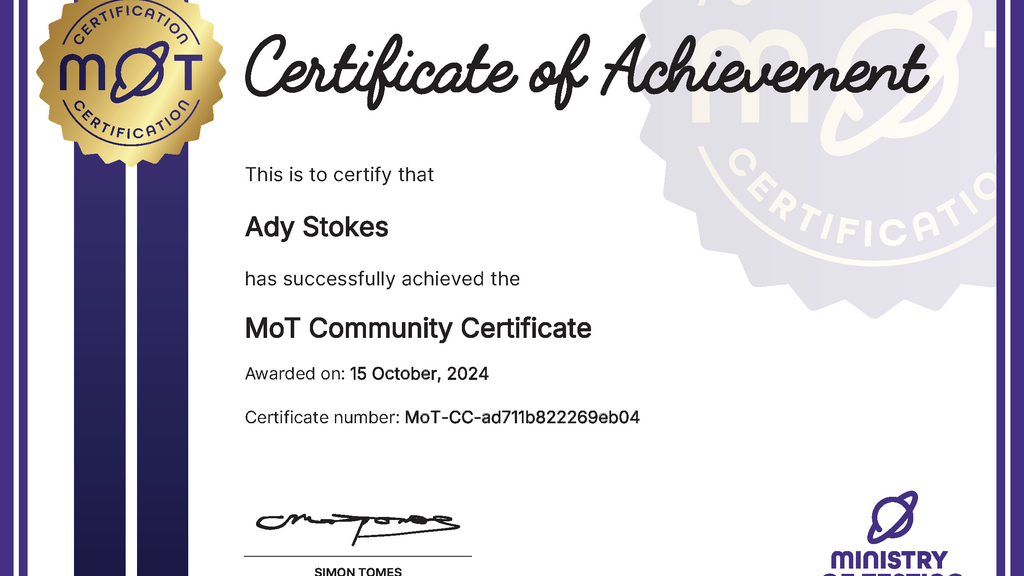
Awarded for:
Achieving 5 or more Community Star badges
Activity

earned:

5.1.0 of MoT Software Testing Essentials Certificate

earned:

5.0.0 of MoT Software Testing Essentials Certificate

earned:

4.9.0 of MoT Software Testing Essentials Certificate

earned:

4.8.0 of MoT Software Testing Essentials Certificate

earned:

4.7.0 of MoT Software Testing Essentials Certificate
Contributions
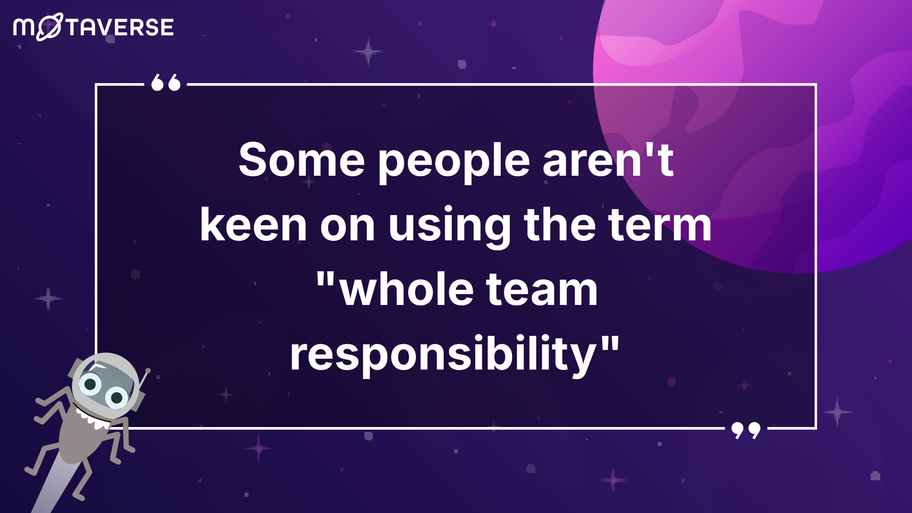
Ady Stokes absolutely nails a reason why whole team responsibility matters, even for those that are skeptical of the reality of making it happen and the use of it as a term.
"Probably the most i...

Excited to see a shiny new badge on my profile today. Call for Insights, which is awarded to members who share their knowledge and experience in a Call for Insights conversation.
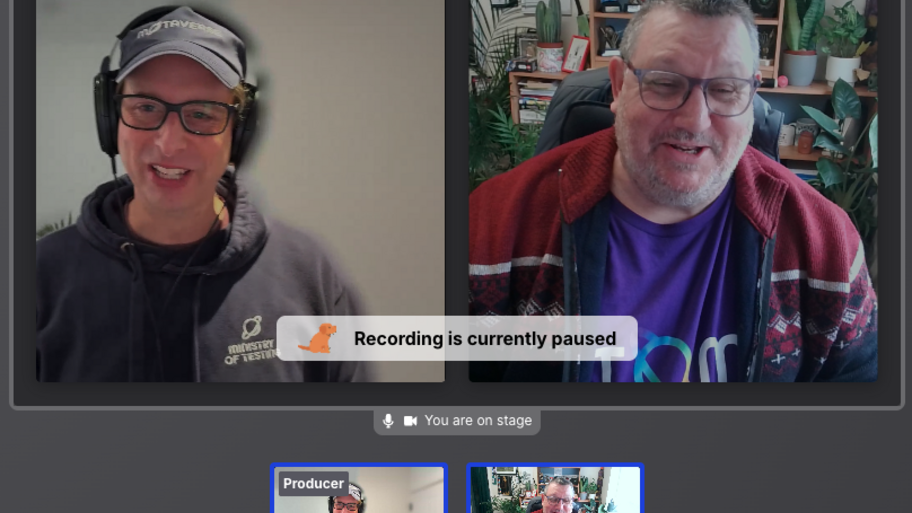
In conversation with Simon Tomes as part of his Call for Insights series, he put me on the spot with this question.
So, Ady, I was thinking for our listeners, a final thought from you is what w...
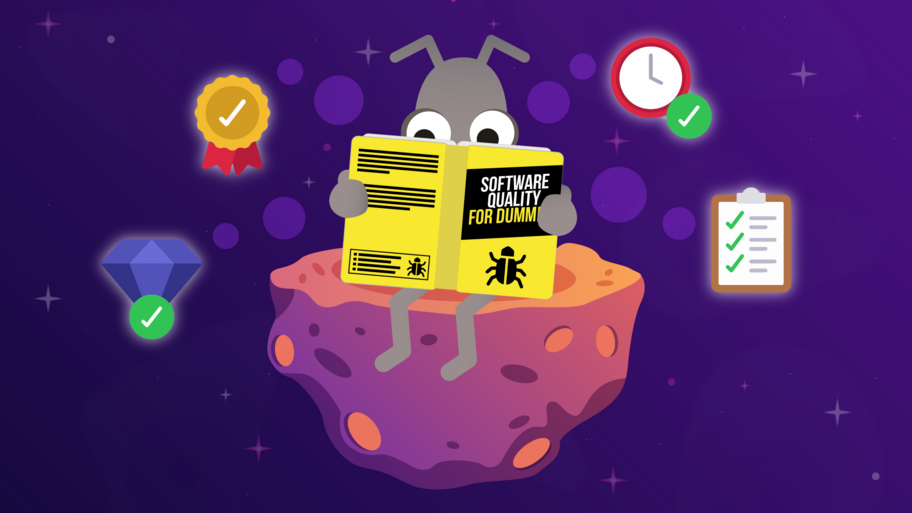
Transition from reactive quality assurance to proactive quality engineering by embedding shared responsibility throughout the entire development lifecycle
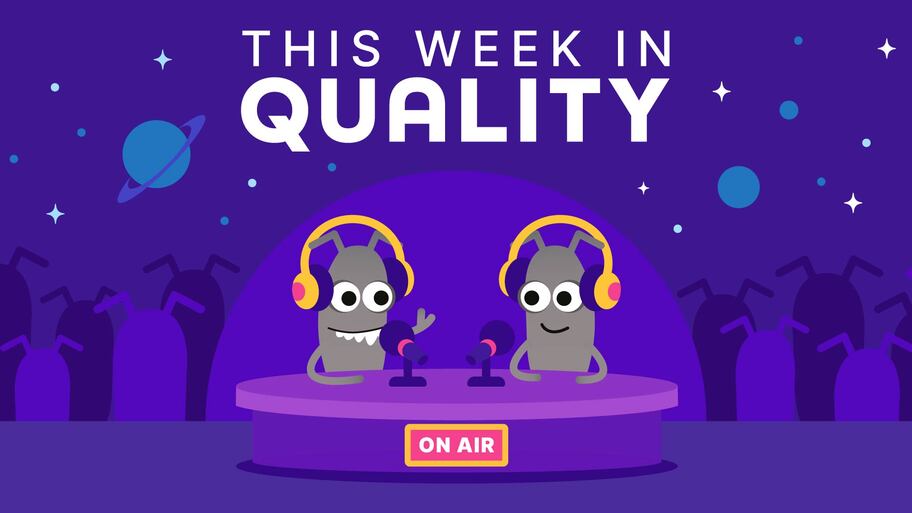
Cut through the AI hype, swap real guardrail stories, and laugh at the rainbow-vomit moments along the way.
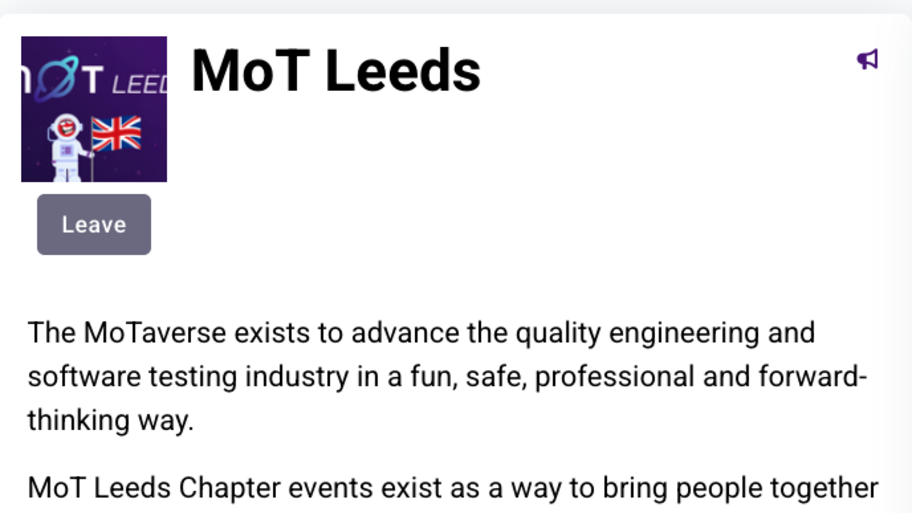
Friday, the 20th of February, is a big day for the Ministry of Testing's Leeds Chapter, which officially joined the MoTaverse with its own page.
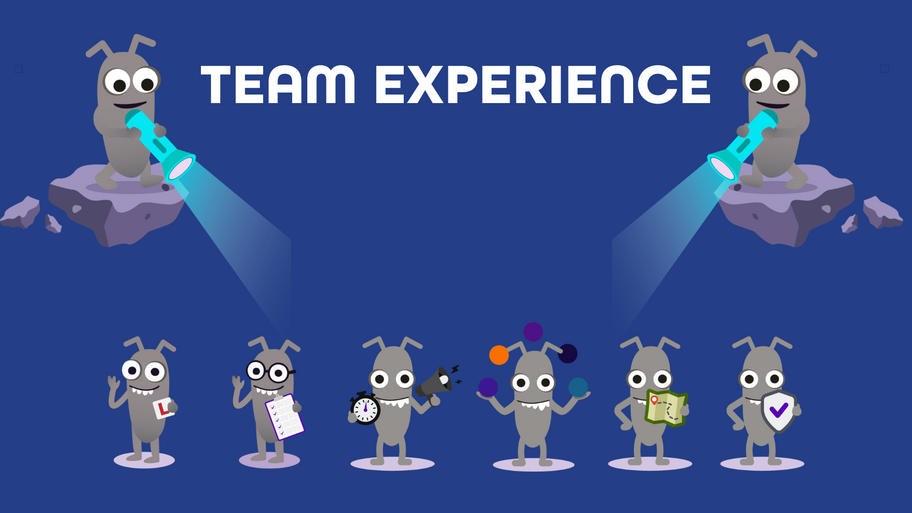
TeamEx is basically the collective health, morale or "vibe" of how a team works together. Think of it as like DevEx (Developer Experience), but instead of just focusing on coders, it’s about the whole team. It’s the social and organisational scaffolding that makes working together feel human, reliable, and, dare I say, actually enjoyable.You know a team has good 'TeamEx' when you see:
Psychological Safety: Open communication means people aren't afraid to say "I don't know" or "I’ve made a mess of this."
Trust and Collaboration: No silos, no "us vs. them". Just people solving problems and listening to each other's ideas and suggestions without judgment.
Failures as Lessons: When something breaks, the first question isn't "Who did this?" but "What can we learn?"
Feedback as Routine: It’s not a scary annual event; it’s just part of the daily conversation.
TeamEx matters because it supports turning quality from a task into a habit. You can have the best test automation in the world, but if the team doesn't feel safe or empowered to speak up about a risk, that technical work is wasted.When TeamEx is high, testing throughout the SDLC and continuous improvement become part of the team's DNA rather than something tacked on at the end. It’s the difference between a team that’s constantly firefighting with short-term fixes and a team that consistently builds stuff that lasts.It’s not just about individual metrics or how fast one person can work. It’s about how quickly the group recovers from problems, how they make collective decisions, and whether everyone feels engaged, valued, seen and heard.

Depending on the context, we think in different ways
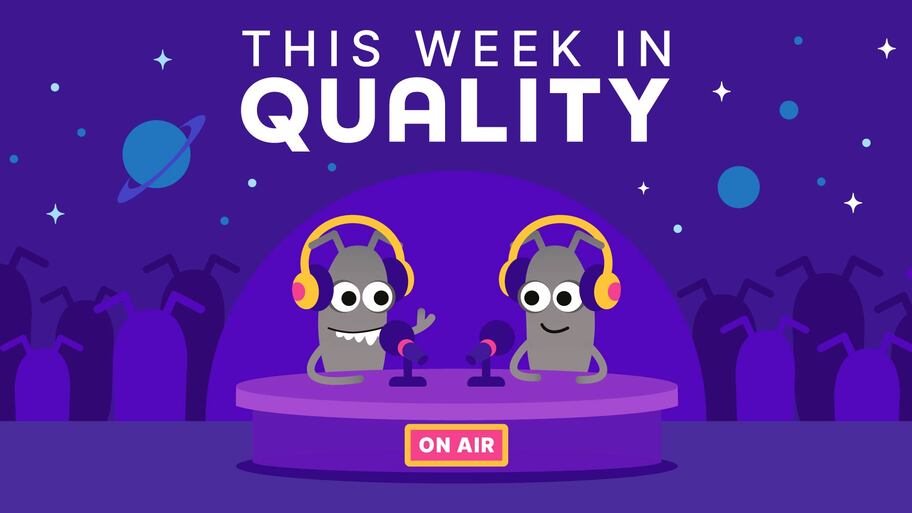
Swap your team’s favourite quality superstitions, laugh at cursed demos and disappearing bugs, and turn “don’t deploy on Fridays” from folklore into smarter release habits.
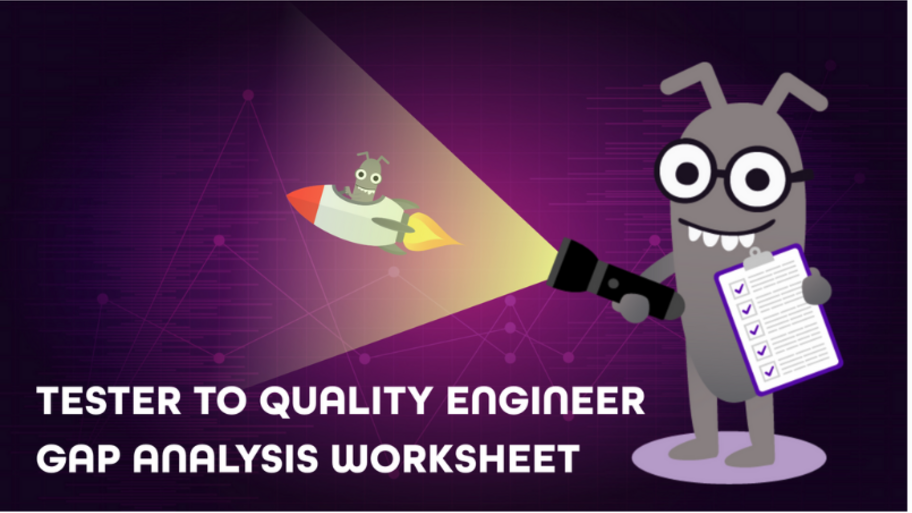
I had a personal message thanking me for the gap analysis. The person had thought they were not good enough to apply for a role titled 'Quality Engineer'. But after taking the gap analysis, they fo...
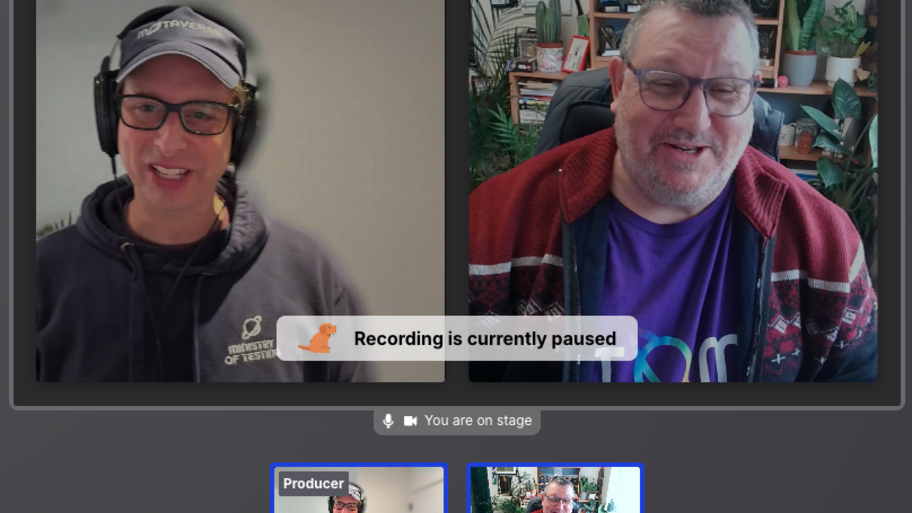
I answered Simon's call for insights and had a great conversation with him all about my goals for 2026, and how I want to make thinking in testing visible, intentional, and teachable. I'm looking f...

I'm super excited to anounce our 2026 Ambassadors!!
Make sure to follow them on the MoTaverse.
And the 2026 Ambassadors of the MoTaverse are...........
- Ady Stokes
- Ben Dowen
- Cassandr...